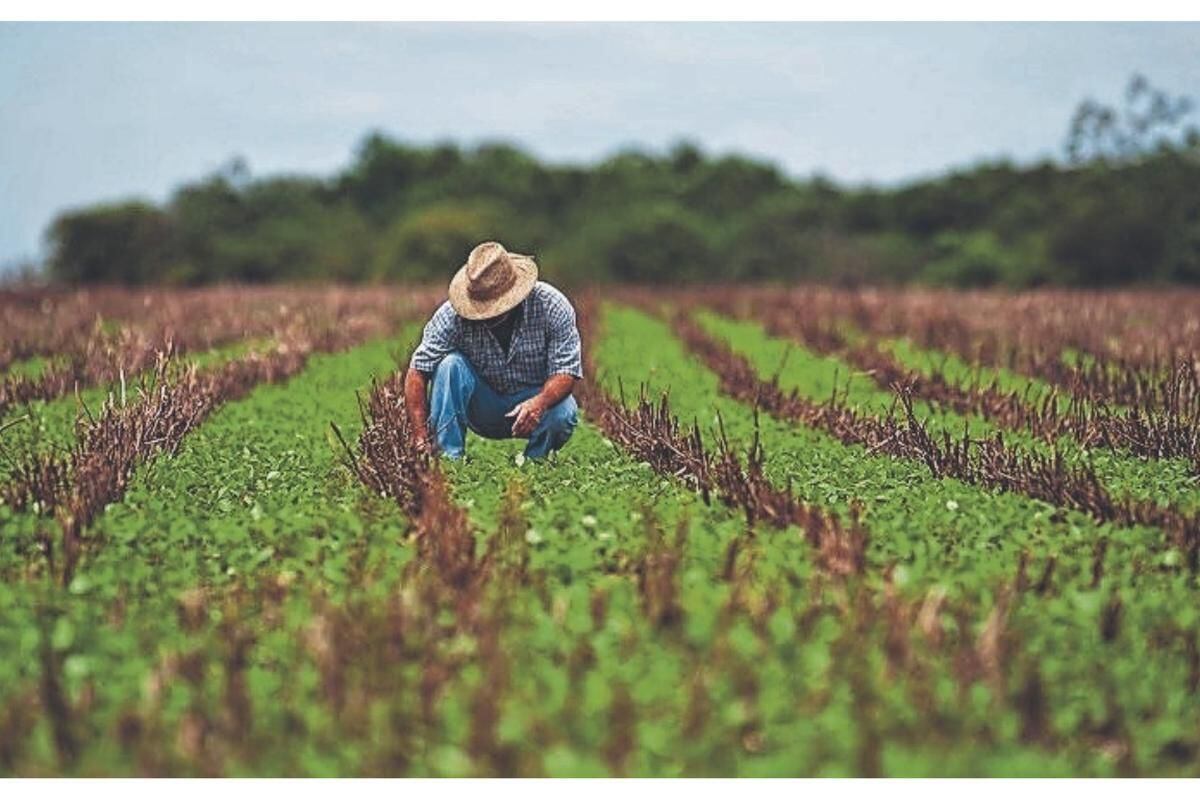
The Ministers of Agriculture of the countries of the G7 highlighted this Sunday the importance of diversifying supply chains agricultural supply and adopt more environmentally friendly practices to achieve resilient and sustainable systems.
In a joint statement adopted today at the end of their two-day meeting in the Japanese city of Miyazaki (southwest), the G7 condemned the impact that the Russian invasion of Ukraine is having on food security, but recalled that even before that war chronic hunger affected 828 million people.
“It is clear that policy responses are urgently needed”, pointed out those responsible for Agriculture from Germany, Canada, the United States, France, Italy, Japan and the United Kingdom, joined by the head of the branch of the European Union (EU), who said that the Russo-Ukrainian war it has only exacerbated existing problems for these activities, such as climate change or infectious diseases, with the COVID-19 pandemic as an example.
Short term, “it is essential to support Ukraine and mitigate the adverse effects of the war”, said the ministers, who also stressed the importance of “continue the urgently needed transformation towards resilient and sustainable agricultural practices to achieve sufficient production in the medium and long term to feed the growing world population”.
The world population reached 8 billion in 2022.
The problems experienced in the supply chains during the pandemic, the increasing costs and worse access to key materials such as fertilizers, “have made clearer than ever the importance of taking a broad ‘food systems’ perspective”, exposes the statement.
In order to achieve more sustainable agriculture in the long term, the G7 headlines consider that it is important “diversify international, regional and local supply chains” to strengthen the resources and agricultural production of each country and that the impact of external factors is less for those that have a greater dependence on food exports.
The Group of Seven also highlighted its commitment to the development of a trade “fair, open, transparent, predictable, non-discriminatory and based on the law”, as well as increased availability of healthy diets at affordable prices.
With global population growth in mind, the G7 Agriculture Ministers further noted the need to reduce greenhouse gas emissions and reverse biodiversity loss taking into account the “high interdependence of climate adaptation and mitigation climate change” and agriculture.
The group advocated strengthening their commitment to comply with international treaties on climate and biodiversity, and highlighted several measures that can contribute to their recovery, such as organic agriculture, pest management without sole reliance on chemical pesticides or irrigation systems. more efficient.
The declaration also contemplates the importance of innovation and investment to transform the agricultural sector, including through the integration of technology, to create greater job opportunities that attract labor and help revitalize aging or depopulated rural agricultural areas.
Source: EFE
Source: Gestion
Ricardo is a renowned author and journalist, known for his exceptional writing on top-news stories. He currently works as a writer at the 247 News Agency, where he is known for his ability to deliver breaking news and insightful analysis on the most pressing issues of the day.












